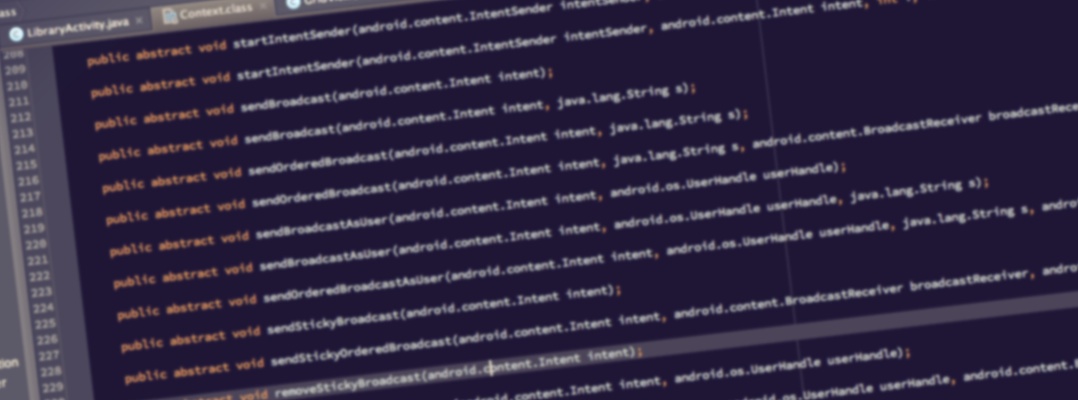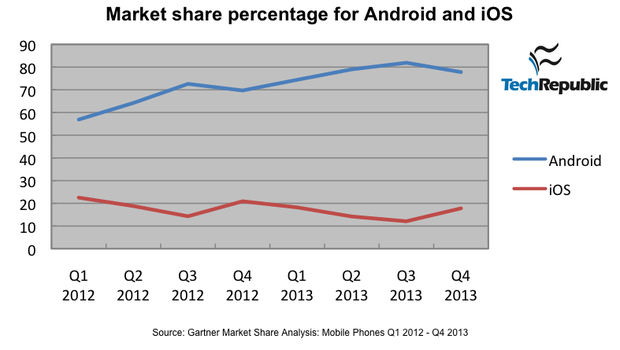Some of the reasons I’ve decided to start learning Android development instead of doubling down on JavaScript and the open web.

The Open Web
I sometimes say that my drive for getting involved in web development at an early age was sparked by a desire to communicate. This probably sounds amusing to anyone who knows how quiet I can be. I saw an opportunity to better understand the world, and I knew it would be a good idea to learn how to put stuff online.
I still feel excited today about web development. I believe it’s the best platform we have; a belief that stems from confidence in the open standards, technologies and communities of creators that have powered and grown with the web from it’s inception.
My sparse blogging history shows I’m not really communicating like I imagined I would. I’m a shy, indecisive writer. Instead I’ve been quietly getting on with getting better at building things.
There’s no end to learning about building for the web. The rabbit hole is deep, and while not endless, is also so expansive that the quantity of technologies, frameworks, apis, etc. is effectively infinite; no one has the time to learn everything. On top there is overlap with related disciplines from System Administration to Interaction Design and the boundaries are fuzzy.
Given the amount of stuff I know I don’t know it may seem foolish to diversify into another platform, rather than focus on improving my client and server side JavaScript, for example.
However, that’s exactly what I’m doing.
Why I’m Studying Android Development
Android is the dominant operating system of the coming decade. Beyond smart phones and tablets, many Smart TVs, appliances, and self-driving cars will run versions of Android. With Glassware and Android Wear new possibilities in wearables are already being revealed. The internet of things is arriving and much of it will be running Android.
Smart phone apps have a huge advantage over web based apps because they’re always present. Billions of us never leave the house without our phones; nearly 80% of them are running Android. When Android runs on your wrist, or on your glasses things will be even more accessible. A website cannot compete in this context.

Native platform apps are clearly where the bulk of our communication and interaction will occur (isn’t this already true?). When push notifications appear in your field of vision or on your wrist and a simple swipe or voice command launches an app’s content or activity a seamless experience is created that’s very difficult to match with any other technology. HTML5 apps might come close on a powerful phone, but a low power, low energy watch will be less kind.

I’m not abandoning the web at all. The web is still the best content distribution platform (where are you reading this?). The web continues to get better. I know I’ll continue to work on web based projects, and use web technologies to power my Android experiments. For now though, the area I find most exciting and the one where I see the most potential to impact people’s lives is the native Android platform.
This leads me to conclude that it’s a sound idea to gain at least a basic understanding of native Android development. Recently I’ve been working towards just that.
In my next post I’ll share some of the resources and tutorials that I’ve been using to build my first few apps.
Follow me on Twitter @shaunchurch
Number of times it says 'Android' on this page: ~~13~~ 14.